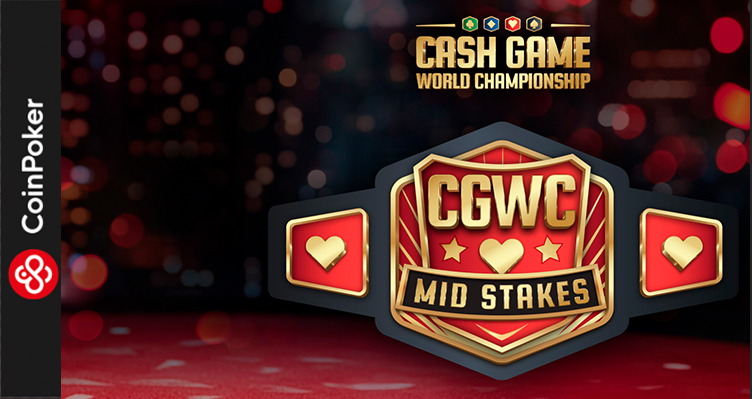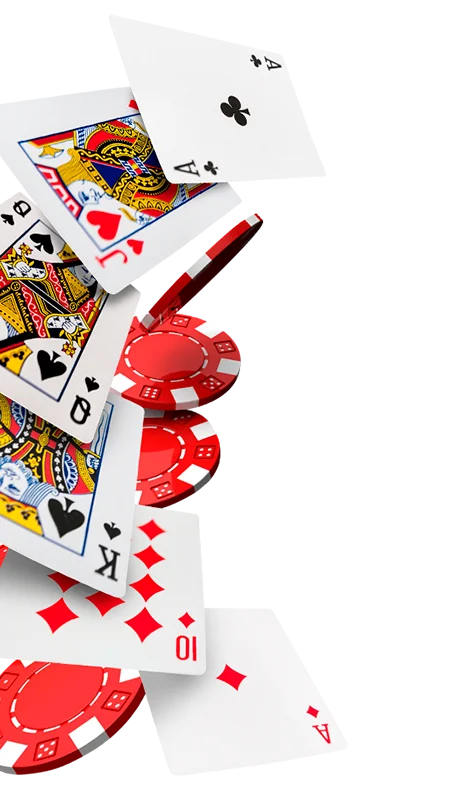
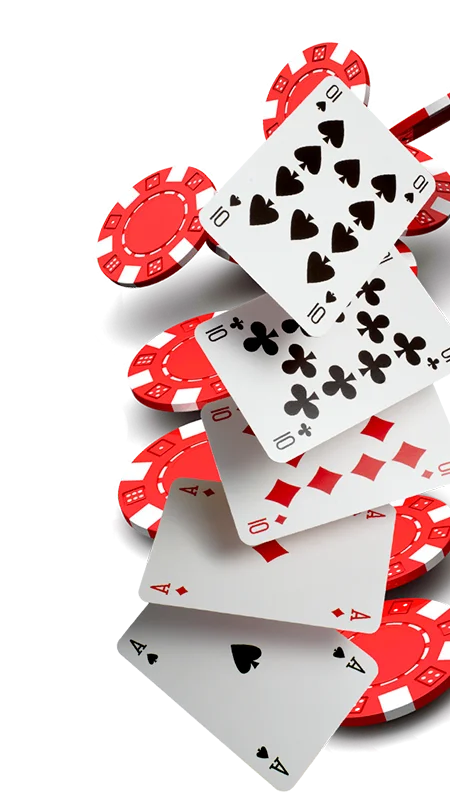
How to evaluate a poker hand?
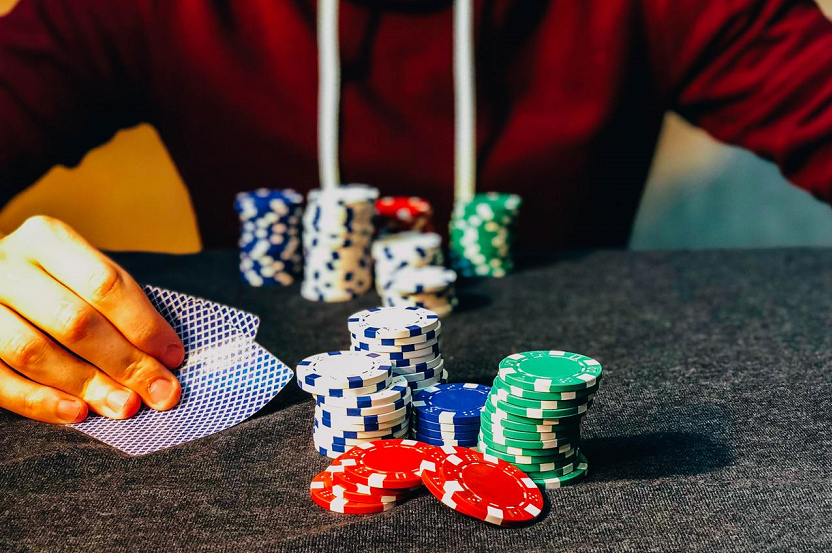
Knowing how to calculate and evaluate a poker hand is more important than it seems. Not only can we know if we have been lucky with the cards we have been dealt, but we can also calculate the probabilities we have of winning the game.
To be able to make the calculation, the first thing the player must do is to correctly understand the rules of poker. Once they are understood, the player realizes that the cards are more than just a pair, but that more combinations must be obtained in order to win the game that is being played. And this is where poker hand evaluation comes into play.
The problem is that the evaluation is not simple. To give you an idea, the task can be complicated even for a computer, which must always find the right algorithm. For this reason, there are many players who train different tricks to be able to perform the evaluation and thus have more chances of success. But of course, everyone has his own trick and sometimes it gives good results and sometimes it does not.
How can I evaluate a hand?
If you have already played poker at some point, you will already know that in each hand two cards are dealt. These cards can only be seen by you and you can develop your hand from them. When the cards are dealt, you can check, check or re-raise if you see that the game looks good.
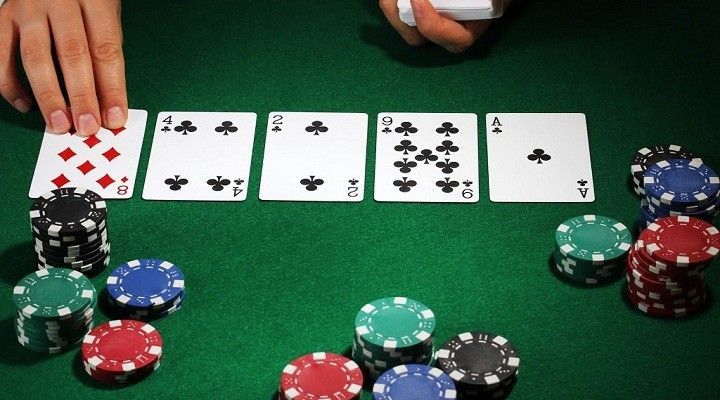
But in order to make the decision, it is vital to evaluate the cards that have entered your initial hand. The best combinations that you can get are the following:
- A-A: without a doubt, it is the best combination that you can get in the initial hand. It is true that this pair is not synonymous with winning the game, but it does give you a good chance of winning it. Especially if the cards on the table are with you.
- KK and QQ: can be defined as two pairs of cards that fall into the Premium hands. They are very powerful hands and it is recommended to play them almost always. They are a good option to start strong, that is to say, to re-raise.
- AK of the same suit: it is another quite strong play, although somewhat inferior to those shown above. Initially you have a high probability of making a straight using cards that can be put on the table. In this case, re-raising initially is not always the best option.
- JJ and 10-10: it can be said that they are good pairs when entering No Limit Hold'em starting hands. However, be careful if high cards are included in the flop because the pair will lose value quickly. Keep this in mind when re-raising.
- 9-9 and 8-8: they are interesting hands, but you should not play them all at the beginning. You have to play your cards wisely because the cards on the table may not be with you. Depending on the price to pay, you will have to continue or not with the cards you have received. It is important to make an evaluation of the cards and the risk to understand if it is really worthwhile to continue or it is better to stop. Everything will depend on your opponents and the level of play they want to impose on the game.
- A-K of different suit: it is a strong hand, as long as it is played wisely. But before jumping into the river, it is important to know that the cards are not of the same suit. That subtracts some value, hence the evaluation must be appropriate. Think about whether you have options to play the cards to see if you should continue or not.
- A-Q of the same suit: they are quality cards, so it can be a good option to continue playing. Of course, you must know that there is a superior combination, specifically AK, keep it in mind when examining risks.
These are the best starting hands that can enter when playing Texas Hold 'em No Limit. But as we have said, the initial hands are good, but you have to evaluate the different risks as the cards are presented on the table. Of course, don't go crazy. If you need to wait a little more time, do it. The important thing is to have the maximum options to win the games and thus enjoy a good evening of poker.
What if my starting hand is not good?
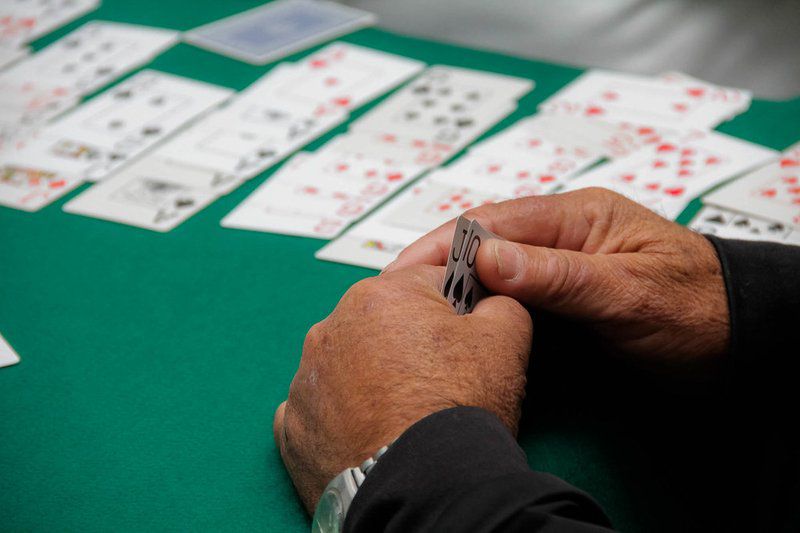
On more than one occasion you will find that your starting hand is not in the top 10. In that case, you will have to evaluate whether you want to take the risk of playing on or wait for the next one. If you want to go ahead, the best thing to do is to play the highest cards possible. If they are too low and have no relation, the probability of winning is very low. Remember, always think about the possible combinations.
But sometimes playing the lowest hands can be a surprise and make you a winner. Sometimes you can be surprised in certain flops, so low cards are not always synonymous with losing. However, you have to play them with a lot more sense.
Which hands should I not play?
Unless you are a professional, you should know that there are some hands that should not be played. It is true that they can win an isolated game, but the truth is that the probability is low.
Some of the hands you should not play are 10-2, K-4, 9-4 or J-3 among others. They are cards that are not very high and very different from each other. Unless you are very lucky with the cards on the table, winning the game will be almost impossible. For this reason, it is better to withdraw and leave it for a better occasion.
You may also like

The Best Online Poker Apps
Top 5 free poker applications We know that the best way to play online poker is from your laptop,nervertheless, nowadays we use more often our cell phones and our tablets to access the contents of...
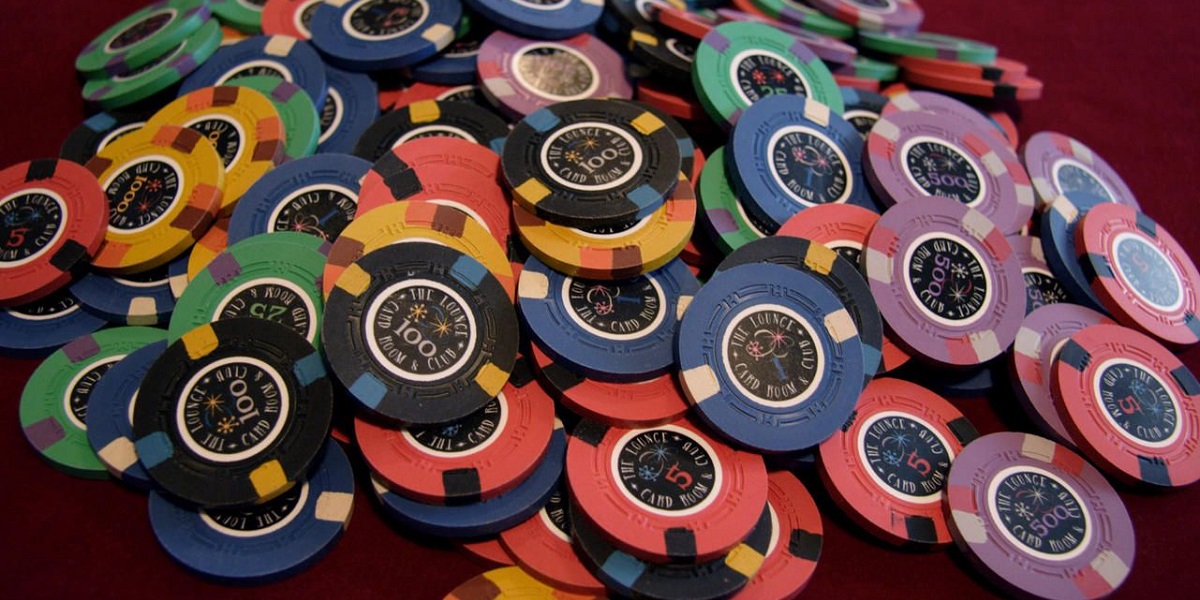
What is the value of poker chips?
One of the basic elements of the game of poker is the chips. These chips, of different shapes and colors, have an assigned value and are used to measure bets during the game.Although they are usual...

BSOP Among the Finalists at the 2024 Global Poker Awards
BSOP Among the Finalists at the 2024 Global Poker AwardsThe Brazilian Series of Poker (BSOP), known as the largest and most prestigious tournament in Latin America, has reached a new milestone by b...




